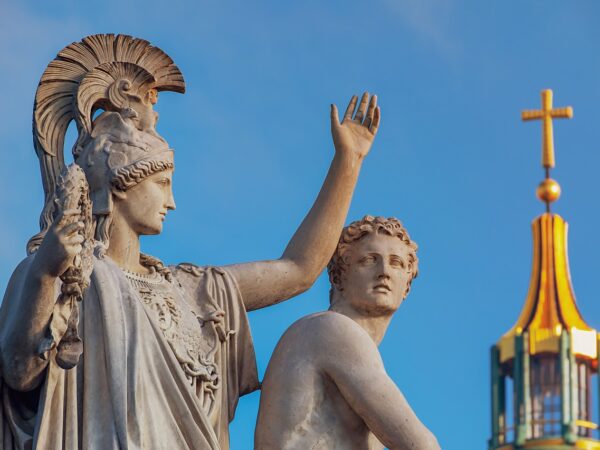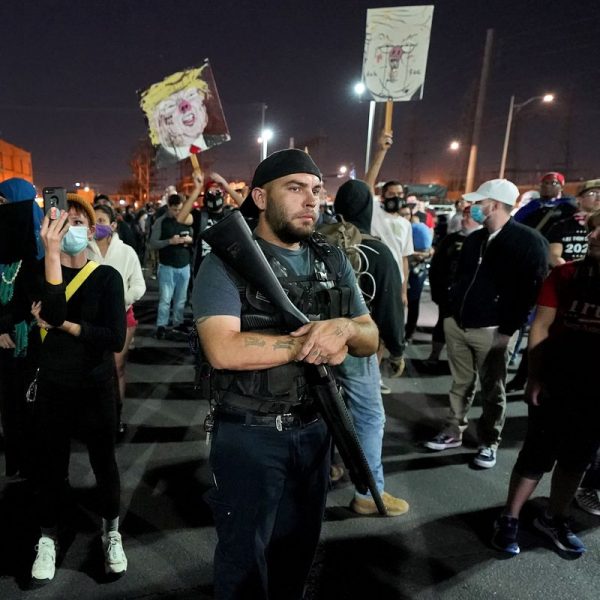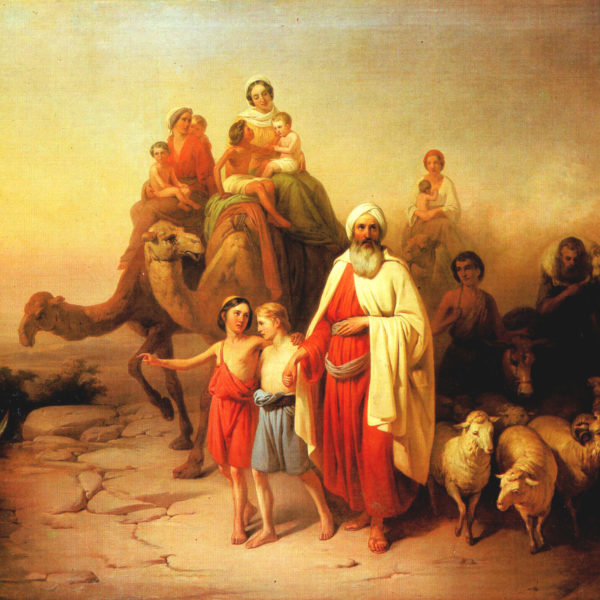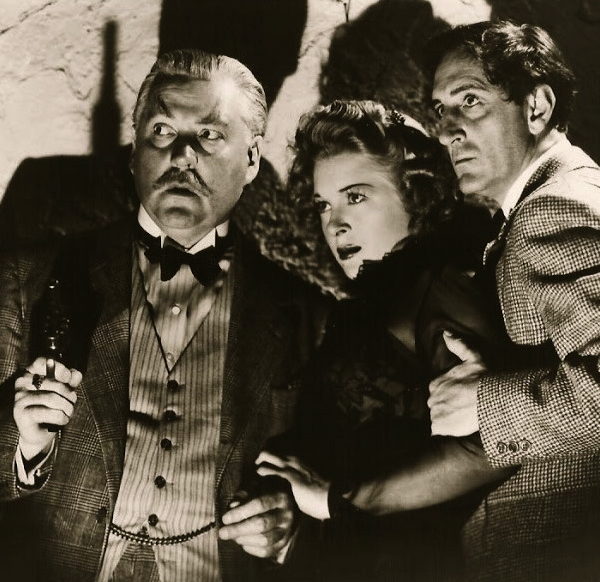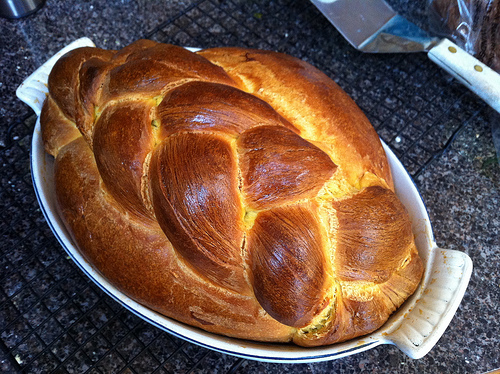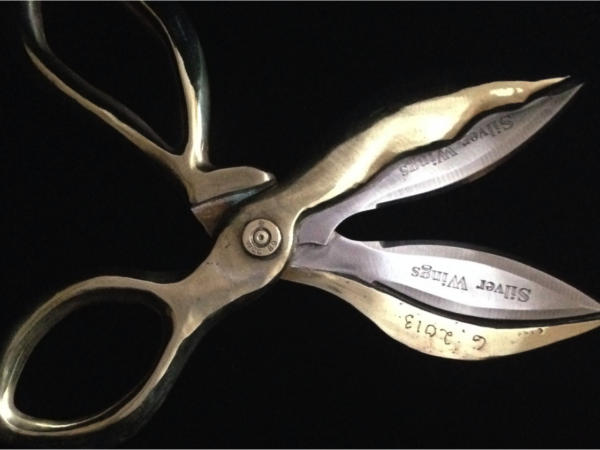
When, despite Scripture, unscrupulous officials continue to “oppress the hired workers in their wages, the widow, and the orphan” and “thrust aside the alien,” and a plurality of white, evangelical Christian voters endorse this behavior, how might other believers keep up faith and hope in a Gospel order that upholds justice?
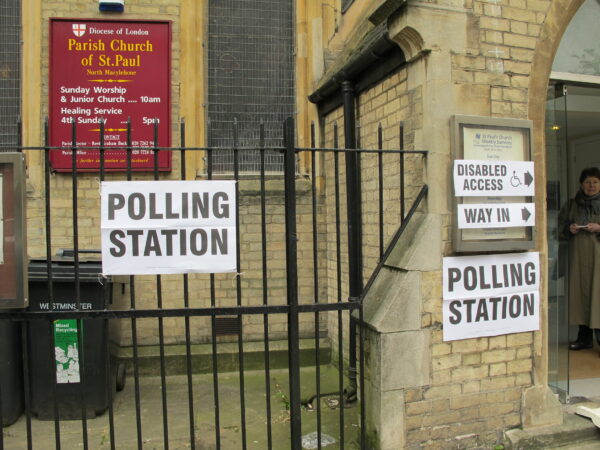
Méadhbh McIvor, special projects editor, interviews Erin K. Wilson on her book Religion and World Politics: Connecting Theory with Practice. They discuss how her book “tries to move us away from this surface-level essentialist thinking about religion and provide people with a practical guide for how to incorporate religion into analysing world politics without over- or under-emphasising its importance.”
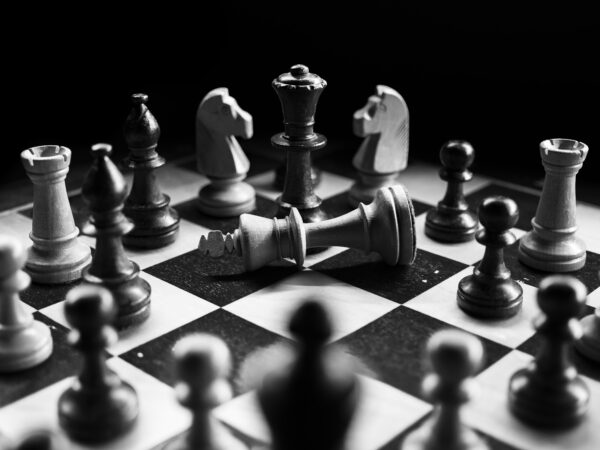
“Christ the King” on the cross offers a way of exposing systemic injustice by hanging in solidarity with victims of a violent system, but refusing to buy into the same violence that sustains it.
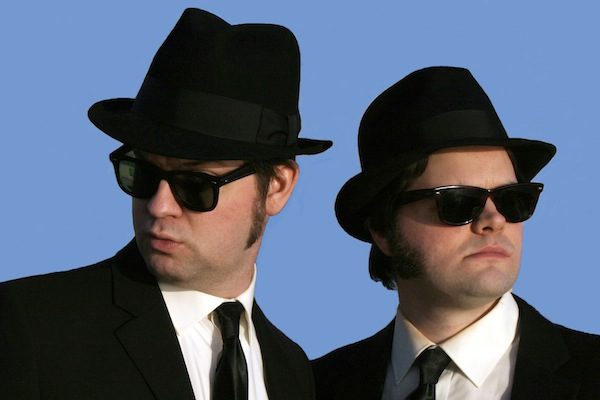
What the world needs is not another group of people scrambling for advantage or clamoring for privilege, but rather a community of people engaged in acts of transcendence that move beyond the interests of the self towards the furtherance of the common good. That will only happen when the church tells the truth about how and why it was so chosen by God and re-orders its practices accordingly.
Four years ago, I was an idealistic college student who believed in change. Frustrated with the years of Bush-style imperialism and capitalism, I was ready for some big government and the return of civil liberties, singing the doxology Praise God From Whom all Blessings Flow as balloons reigned down and Obama waxed eloquent on a stage overlooking thousands of people. Needless to say, I have learned my lesson over the last four years. Although a less harmful sovereign, Obama turned out to be—surprise, surprise—a neo-liberal. The problem, however, was not with Obama, it was with me….

